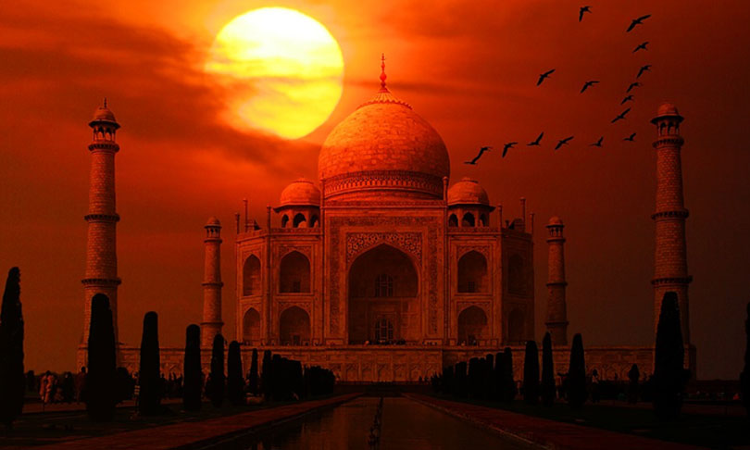A petition has been filed before the Lucknow bench of Allahabad High Court seeking a direction to the Archaeological Survey of India (ASI) to open the sealed doors of over 20 rooms inside the Taj Mahal premises so that the alleged controversy pertaining to the "history of Taj Mahal" can be put to rest. The petition filed by one Dr Rajneesh Singh seeks a direction to the government to constitute...

